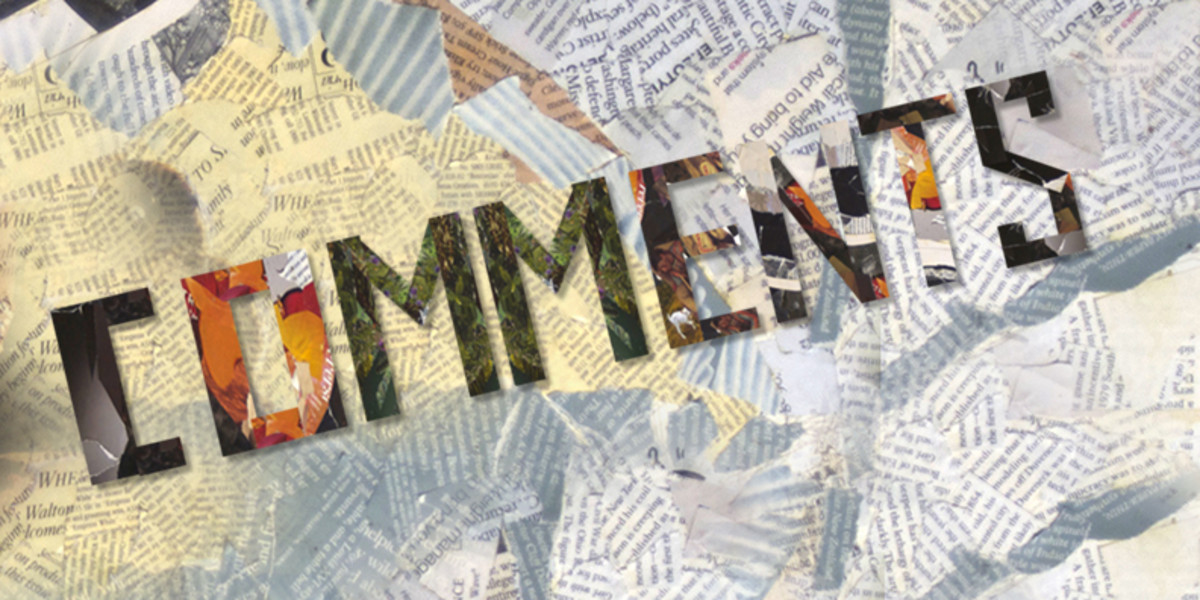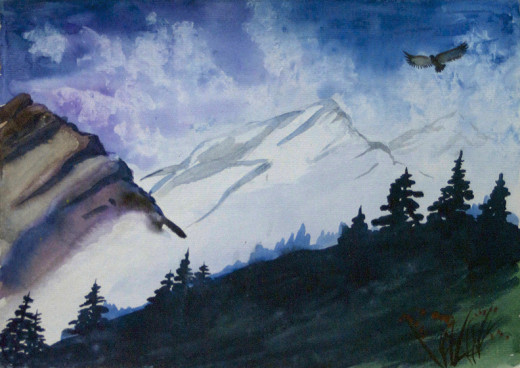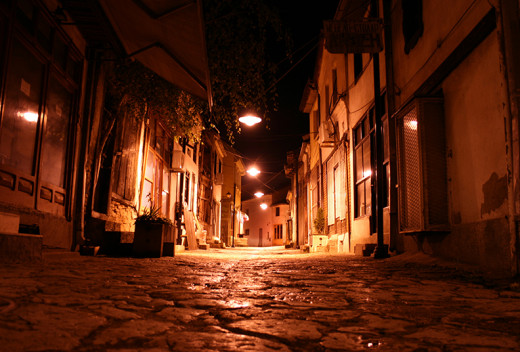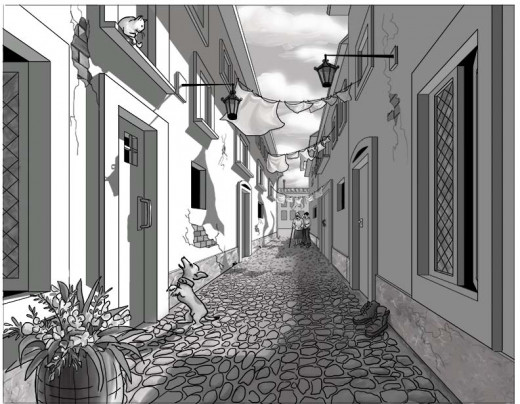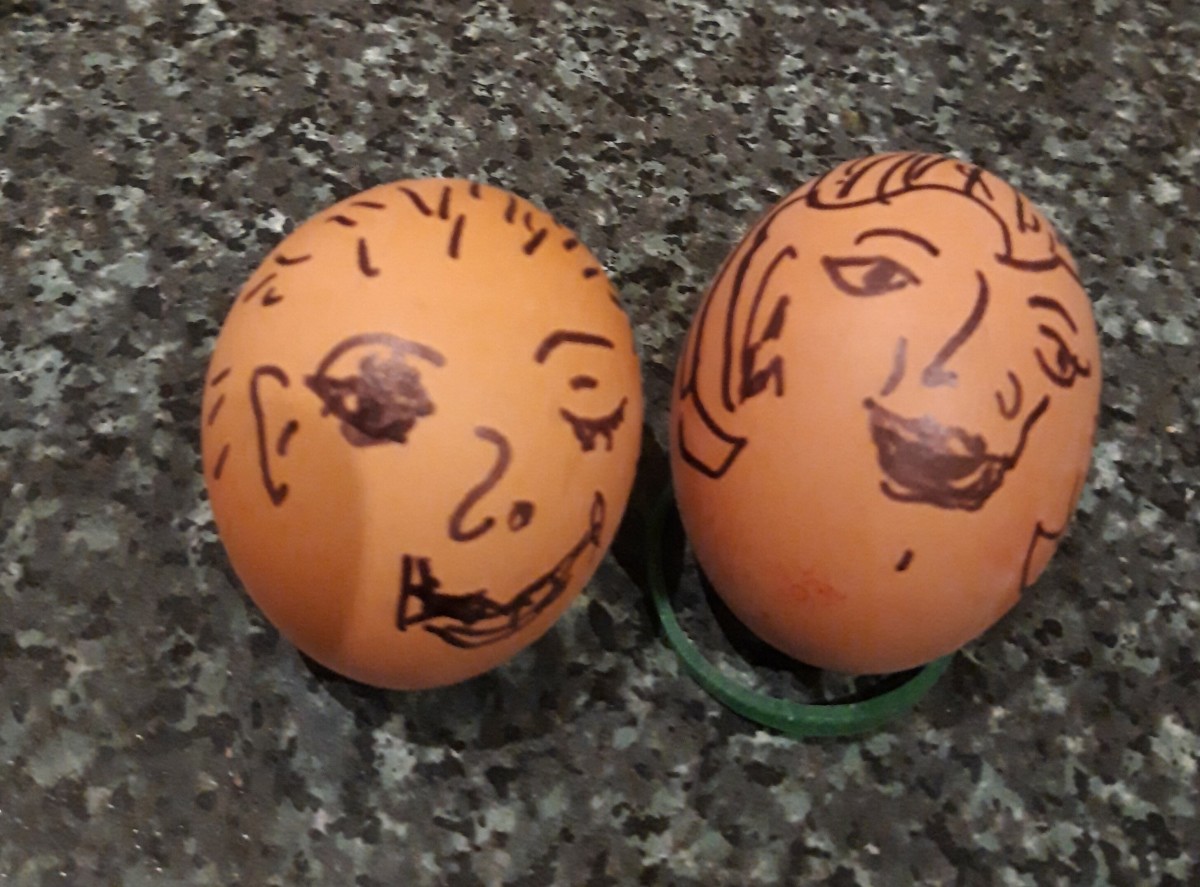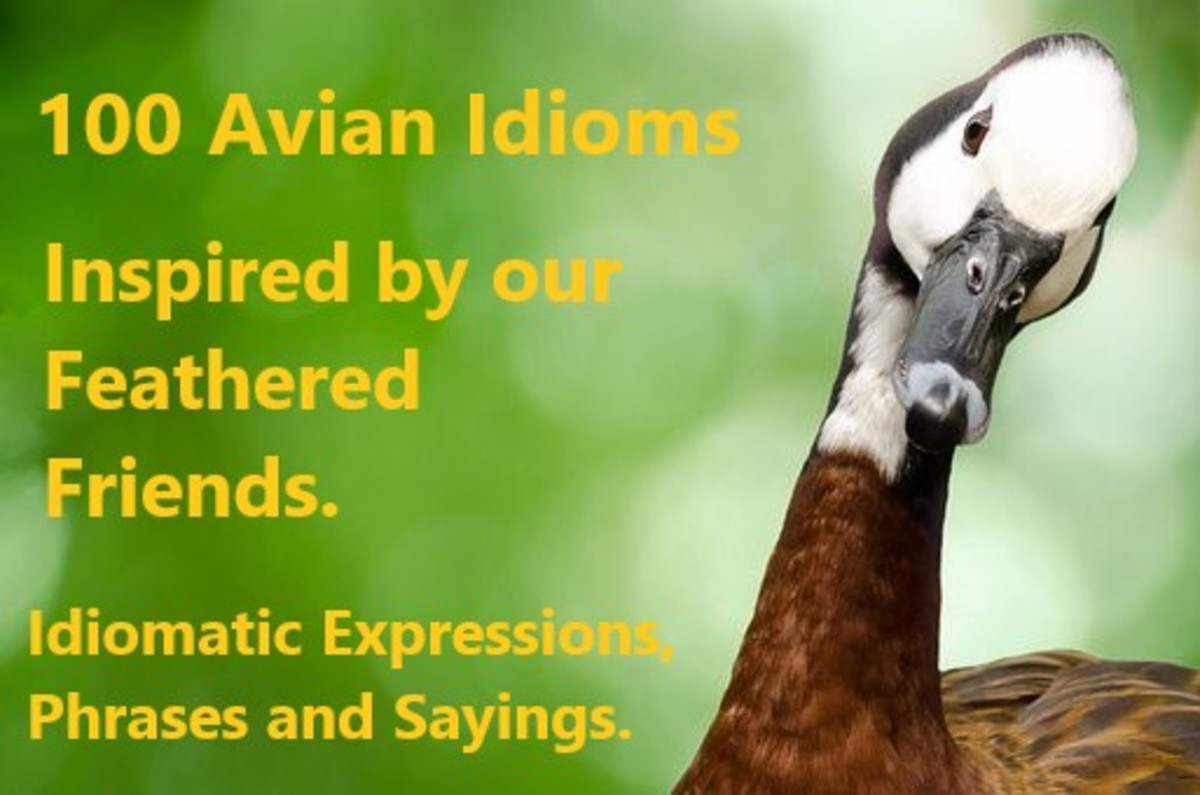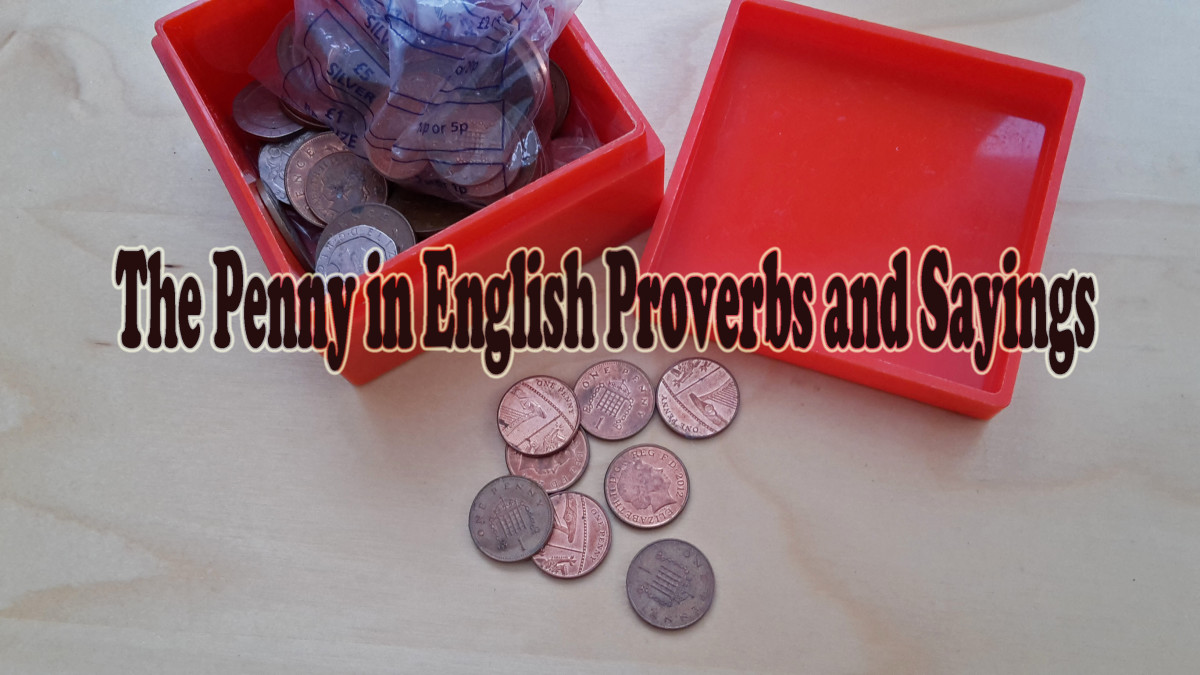Problems With The English Language

English And Learning Another Language
I was inspired to write about the interesting problems that arise with different languages by another author who wrote on his experiences living in another country for a time. Anyone who has tried to learn a foreign language knows that it takes time to get the vocabulary, inflections and pronunciations correct. Some of the funniest incidents can happen when you are off by just one letter or inflection.

Castilian Spanish in Spain
I grew up in California and as this state is filled with a long and rich Mexican history, I took a year of Spanish in school. Then when my first husband and I were sent to Spain, I thought, not a problem. I think I remember some of my high school Spanish. What I didn’t realize was that the Spanish I learned in California was a Mexican dialect of Spanish and not the more Castilian Spain Spanish. Right away I was in trouble. The first time I went to the market I found out just how different the language sounded in Spain. I figured if I couldn’t keep a conversation going, I could at least pay for my purchases because I remembered all my numbers. When the man behind the counter asked for “Onthey” pesetas I was absolutely lost. I went through all the numbers in my head and there wasn’t an “onthey” in the list anywhere. So like a clueless woman I handed him all my money and he picked out eleven pesetas. That’s the first time I figured that they don’t use the “s” sound in Spain. I blushed a charming shade of scarlet and the man was amused.
The second time I was painfully aware that I was in over my head was with the cleaning lady. After two weeks, I decided I had walked past her up to my apartment long enough, so I stopped and introduced myself and asked her name. Well, I THOUGHT I asked her name. Apparently I didn’t get the wording correct for Spain. In California, the informal “What are you called?” was plenty to get someone’s name, but not in Spain. She thought I was asking for Spanish instruction so she told me what the broom in her hand was called, and the mop and the bucket. I thanked her and went home. I didn’t try that again for quite a while.

“Failure is success if we learn from it.”
— Malcomb Forbes

The Gentle Breeze
Another funny story didn’t happen to me but to a friend. My artist friend is award winning Chinese brush painter. She even spent many months learning from the masters in China. She noticed that when she entered a contest in China under the American name, she didn’t win much but when she entered the same contest having signed with the Chinese characters of her name she won, often first place.
With that in mind she decided to get a special signature stamp made. She wanted to get a stamp for her studio as well. She has a studio in the foothills of California that she calls Gentle Breeze Studio. When she asked her friend in China to translate and make a stamp for Gentle Breeze Studio as well as to translate her name to Joy Gentle Breeze, he fell silent. Then he said she wouldn’t like that name. Why not? Because in Chinese a gentle breeze is a fart.
“I am always ready to learn, but I do not always like being taught.”
— Winston Churchill

Sushi
Click thumbnail to view full-size


La Fish
When I was a preteen, a sweet young lady and her husband moved next door to us. She was a dear woman from Japan. Her husband had to work odd hours and she was a very lonely new bride, and my sister and I were very nosey. That made us the perfect match. We came over to her home often and she taught us many Japanese words. As a matter of fact I can still say “I don’t know how to speak Japanese” in flawless Japanese. My friend had a sense of humor.
As much as she taught us, she wanted to learn more English and wanted practice from us to be able to speak it better. She had a special “New Word” binder that she would pull out and write down new words whenever she heard them so she could remember them and how to pronounce them.
One day she told us she was going to prepare a special Japanese delicacy for us. I remember she named it but we were clueless at the time, so she explained that it was “la fish.” We still didn’t understand what “la fish” could be until it dawned on us that she meant RAW fish. My sister and I looked at each other, eyes as big as saucers and in unison, said “YUCK”. My friend got very excited, grabbed her binder and carefully wrote “ayuck,” then turned to us and said, “you explain.” We really had no idea how to tactfully explain a slang word like that without totally hurting her feelings. I know I felt bad for having said it.
“Nothing is particularly hard if you divide it into small jobs.”
— Henry Ford
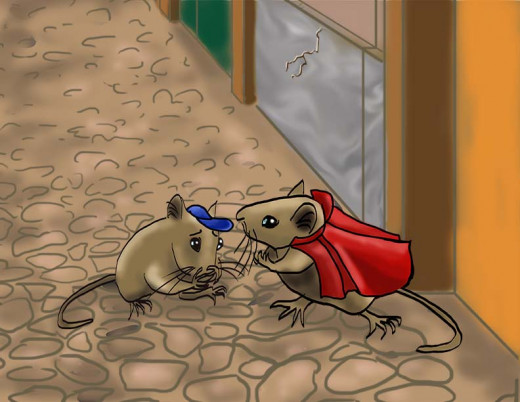
Learning a Foreign Language
A mother mouse and her son were walking along when out of nowhere a cat jumped out at them. The little mouse was very frightened but the mother stepped up and said, “Bark! Bark, bark, bark!” The cat was taken aback and turned to run away. Then the mother turned to her son and said, “You see, son? Never underestimate the importance of learning a foreign language!”
Words to live by.
Chalupa


Chalupa
I taught watercolor lessons to the elderly in my city for many years. Many of my students were Hispanic and didn’t know much English. So to accommodate my elders, I would come as prepared as possible with the words for the currently painting memorized. At one point I went to college to take a special class in conversational Spanish. The dear instructor went from student to student asked what specialty they worked in and what kind of conversations we needed Spanish for. I thought this was so kind because getting vocabulary for painting fine art wasn’t something you ran into in every day conversations. She taught me the correct words for the watercolor paper, brushes, paints and colors. I was overjoyed… until I tried using my new knowledge. Most of the Spanish-speaking dears I had in my classes didn’t know what I was saying. The word for the small, delicate watercolor brush is “el pincel” but since these people had never been around that word they thought I was making it up. They knew only “la brocha” which described a large 4-inch house painting brush. That is something they had come across in life, not a “pincel.” This happened with so many of the new vocabulary words I learned I gave up and used the colloquial vernaculars.
One day I had prepared an Native American in a canoe to paint. Before going to the classes I looked up “canoe” in the Spanish-English dictionary so I could tell my people what to paint and what color. Canoe was listed as “canoa.” Oh, wonderful, I thought, that should be easy to remember, and went off with confidence. When I got there I told everyone the canoa was to be painted a tan color and got stopped dead in my tracks. “Canoa,” they laughed. That’s not a canoa! That’s a boata.” “Boata,” another on chimed it, “That’s slang, not even Spanish. It’s a chalupa!” Now I was confused. “Chalupa,” I asked. “Like Taco Bell?” I mean that’s the only chalupa I ever heard about. And they all laughed. I think more than liking to paint, they all came back because I amused them butchering their language so badly.
“Hold yourself responsible for a higher standard than anyone else expects of you.”
— Author UnknownBad Words... Oh No!
I learned a few bad words, more than I would like to, totally by accident. One day, I brought a painting of a landscape with a garden path and flowers to paint. We all began together painting the sky and the hills and then moved to the flowers, which should have been pink and blue. I could tell one of my ladies was having some trouble because she was grumbling under her breath. Finally in English, she told me I had to come help her with this “insert unknown Spanish word.” I repeated the word. It sounded flowery to me… that is, if you go by sounds and not meanings. I thought she wanted help with the flowers. She had mixed two colors that you shouldn’t mix and they turned brown on her. The more she smeared them brown around the bigger it got until she called for my help. I saw the problem but still thought we were talking about flowers except each time I repeated the word the other ladies laughed, until finally I asked what it meant. She thought for a minute and finally said, “ummmm, chit!” Oh, okay. Suddenly the brown and the word made more sense. Do I feel dumb?

One Language
Do you think the world would be better off if we all spoke one language?

German In-Law And The Compost Heap
While visiting my German in-law in Frankfurt, Germany, I was helping prepare a salad for dinner. Their home was on the second floor and the window was open allowing a lovely spring breeze into the kitchen. After washing the lettuce and pealing off the outer leaves, I began tearing the salad into the bowl. Klaus, my brother-in-law came behind me, grabbed the discarded outer leaves and threw them out the window. Well, this I had to see so I went over to the window and looked down. On the ground behind the house was a healthy sized compost heap. I grew up in the country on a farm and knew all about keeping the soil enriched by composting. Klaus asked me in English if I knew what that was. I guess he thought he was going to teach me something about farming. I said, of course, it’s a compost heap. He lit up and exclaimed that I knew German. No, I assured him, that’s English. We spent the next half hour arguing on whether or not a word I had been using all my English speaking life was or was not English. I don’t think we ever agreed.

Short History Of The English Language
However I do know that English is a language of many languages. In the early years in England, the island was inhabited by the Celtic people known as the Britons. The Roman conquest went from AD 43 to around the 5th century. With them they brought an influx of Latin words and derivatives. It is believed that 60% of the English language is derived from Latin. Words include, villa, alta, land, (terra), first (prima), bona, province (provincia), agriculture (Agricola), figure (figura), flame, (flamma), sea (maritime), me (mea), dark (obscura), and dangerous (periculosa).
“Being ignorant is not so shameful as being unwilling to learn.”
— Author Unknown
Anglo Saxons
The Anglo-Saxons were next to come and were a collection of various Germanic peoples. They are considered responsible for the Old English language to a great extent. Words include hamburger (a sandwich with a meat patty and garnish), kindergarten (literally a child’s garden), nix (or nothing), uber (meaning over), wanderlust (the yearning to travel), fife (a small flute), quartz, and stein (a beer mug).
Raids by Vikings and Danes became more frequent around AD 800, who came and stayed. With them they brought a new vocabulary of Scandinavian words and after a hundred years or so, it sort of got incorporated into the local conversation. Words like lug (to haul), cog, flounder, hug, mink, nudge, snug, spry, and wicker. Words derived from the Old Norse origin include, ado, aloft, awe, berserk (a frenzied warrior), bulk, bylaw (a village law), cast (to throw), die (pass away), girth (circumference), husband (master of the house), knife, knot, lad (young man), muck (cow dung), odd (third number), scathe (to hurt, injure), skull (head), sleight, sleuth (trail), Thursday (Thor’s day), thwart (across), Viking, (one who came from the fjords), and want (to lack).
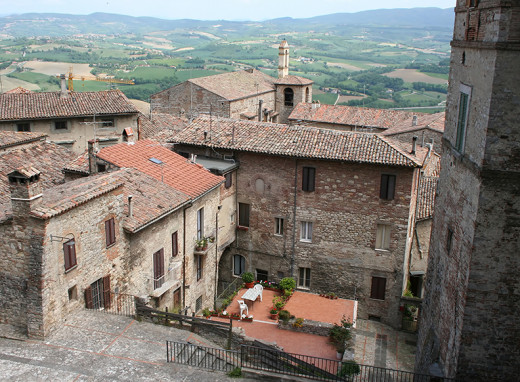

The Normans
In the 11th century, the Normans invaded and also brought their culture and language. While the Normans were the ruling power and the Saxons were the working class, food raised by the Saxons was cooked and served by Norman chefs. This explains why when it is walking around chewing cud, it’s a cow or cattle, but when it is cooked it is beef (an Anglicized version of the old French word beuf). The same with a calf, which when cooked becomes veal (from the old French word veel) When it is walking around it is chicken but when it is cooked it is poultry (another Anglicized version of the French word poulet). When it is rooting around it is a pig or swine but when it is cooked it is pork (Anglicized from the French word porcine). When grazing it is a sheep or lamb, when cooked it becomes mutton (from the old French word muton). When Robin Hood shot it with an arrow, it was deer, but when cooked it became venison (from the old French word venesoun).
More words derived from the old French are the following:
English
| Old French derivative
|
|---|---|
Thinking, mindful
| pensive
|
Kingly
| royal
|
Brotherly
| fraternal
|
Ask, beseech
| enquire
|
Lord
| liege
|
Amaze, stun
| astound
|
Fair, fair-haired
| blond/blonde
|
Ghost
| phantom
|
Smell, stench
| odor
|
Blossom
| flower
|
Buy
| purchase
|
Belief
| faith
|
Selfhood
| identity
|
Weep, sob
| cry
|
Lawyer
| attorney
|
Harbor
| port
|
Answer
| reply, response
|
Fall, harvest
| autumn
|
Seethe
| boil
|
Wisdom
| prudence
|
Uncouth
| rude
|
Belongings
| property
|
Forgive
| pardon
|
Folk
| people
|
Span
| distance
|
Freedom
| liberty
|

English Settlers
The English language came with the settlers in American and that brought on many new changes in the language and vernacular, not to mention the changes from Australia and other English speaking countries. A shift in meanings added new problems to an already conglomerated language. This only explains some of the many problems with English as a language.


Hispanic Accents
My first husband was born in Bolivia and had a charming accent. I loved to hear him speak but I often got amused with his wording. When we were first dating, he would come to my parent’s home and we would sit out on the porch and watch the cows in the pasture across the road. I think, like me, he grew up watching too many westerns. One day he looked across the road to the pasture and said he thought he would wrestle a cow. Of course there is a big difference between wrestling and rustling a cow but a small one in pronunciation. I knew he meant rustling, not wrestling. I tickled me however, and I erupted in a fit of giggles picturing him arm wrestling a cow.
After we were married and got word that we were moving to Spain, he tried to convince me that is was safer in Spain that in all the US. Why? Because in Spain the streets are all eliminated at night. I thought that must be very hard to roll up the streets each night. In fact, he was partly right. The streets do seem to be illuminated at night.
One of the funniest things though, was when he sent me to the store for some paper toilet. I felt sure a paper toilet would only be good for one flush, but he was not amused.
“As long as one keeps searching, the answers come.”
— Baez
